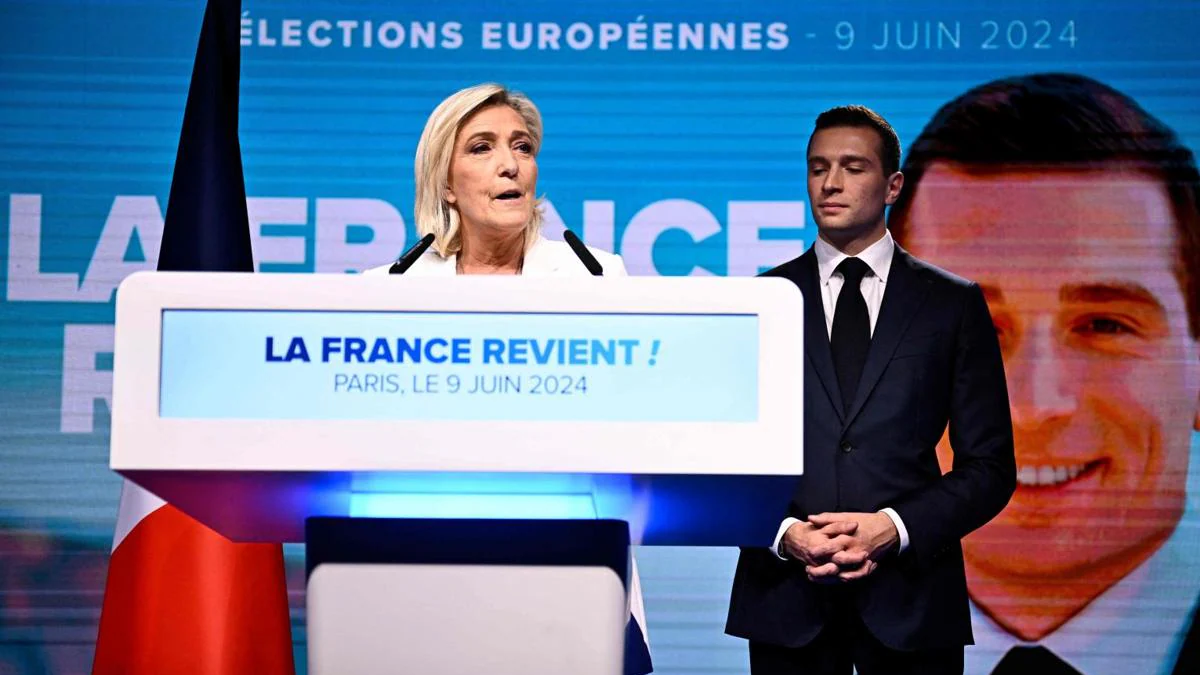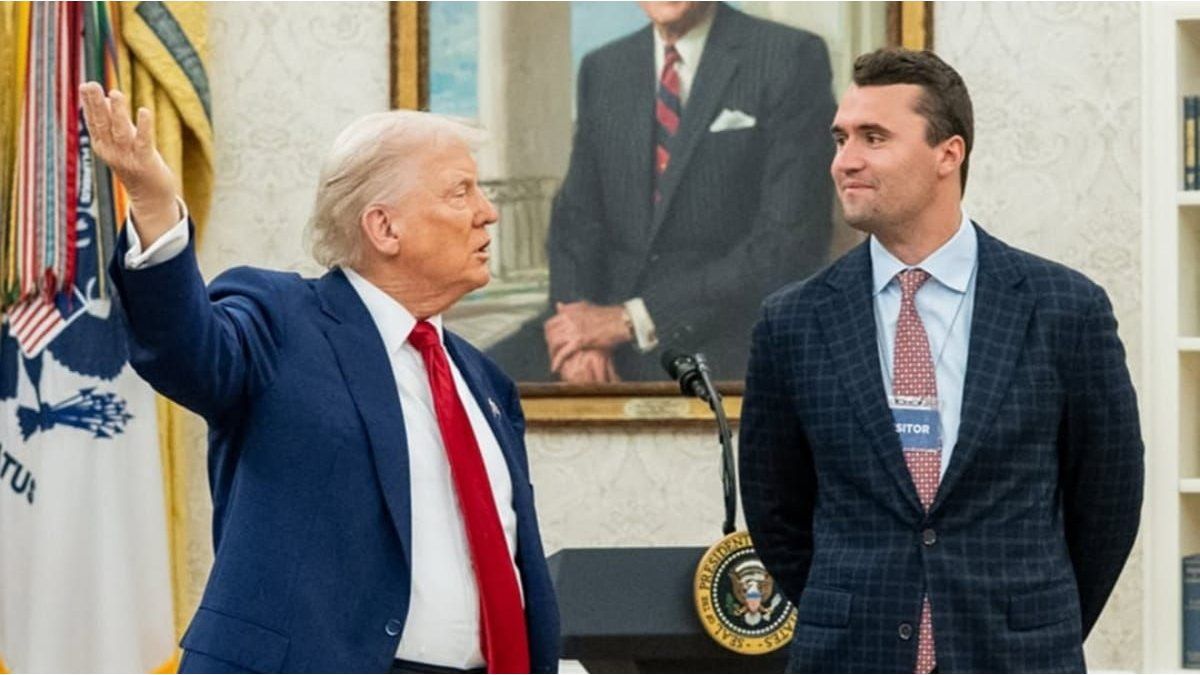France will have its early legislative elections starting this Sunday and until July 7, and the results of the elections that are expected to give the big winner to the Marine Le Pen’s far right —just as it happened in the European Parliament— are setting off alarm bells for investors around the world; and of course, also in Uruguay. What impact can this election have on the heart of the European Union (EU) for the country?
The EU is the scene of several political changes: while the bloc meets in Brussels to formalize the distribution of the main positions —Ursula von der Leyen would continue to lead the European Comission-, eyes are focused on the undeniable advance of the far right on the continent. In this regard, the Prime Minister of Italy Georgia Meloni She was not invited to the meeting, and one of the central themes is concern about what may happen in the French legislative elections.
After being the party with the most votes in France for the European Parliament on June 9, the far-right National Grouping (RN) A new electoral victory is within reach that this time would propel her to the government. Previous polls support this probable path, with 36% voting intention.
If RN obtains an absolute majority, this would open the door for the centre-right president Emmanuel Macron, whose mandate ends in 2027, has to share power with a government of another political color in a cohabitation. In this case it would be Jordan Bardella far-right candidate for prime minister.
Mercosur and the dollar, the French impact on Uruguay
The impacts for Uruguay that can already be projected in the case of a victory of the French extreme right and the political change are two: on the one hand, the effects on negotiations suspended by the Mercosur-EU agreement; and, on the other hand, the effects it may have on the Dollar quote at global level in the face of the moods of the operators.
In the first case, the parenthesis extended in the conversations by the Free Trade Agreement (FTA) between the regional blocs could be extended even further: in a France convulsed and with significant changes at the level of the European Parliament, the priority concern in the Old Continent would be internal affairs, with the policy extra-european international being relegated for at least several months.
For Uruguay, This would mean practically abandoning all expectations of closing an agreement that has been under negotiation for more than two decades, with the renewed need to seek partners and better trading conditions elsewhere. Particularly, for the current government, it implies another failure – or, at least, disappointment – not only of the Mercosur but of its own foreign policy.
As for the dollar, Uncertainty over the French situation has been one of the factors driving the price of the US currency upwards due to the weakening of the euro, which is heading towards its biggest monthly drop since January. In this sense, investors fear that the eventual new government will increase fiscal spending, threatening the sustainability of the country’s public debt and the financial stability of the bloc.
Consequently, the electoral confirmation of these suspicions could continue to drive the dollar at a global level, which could have its counterpart at a local level, improving the exchange rate. Although other influencing factors must be considered – such as the monetary policy of the United States Federal Reserve (Fed)—, this scenario could collaborate with the exchange rate lag in the country.
Source: Ambito




